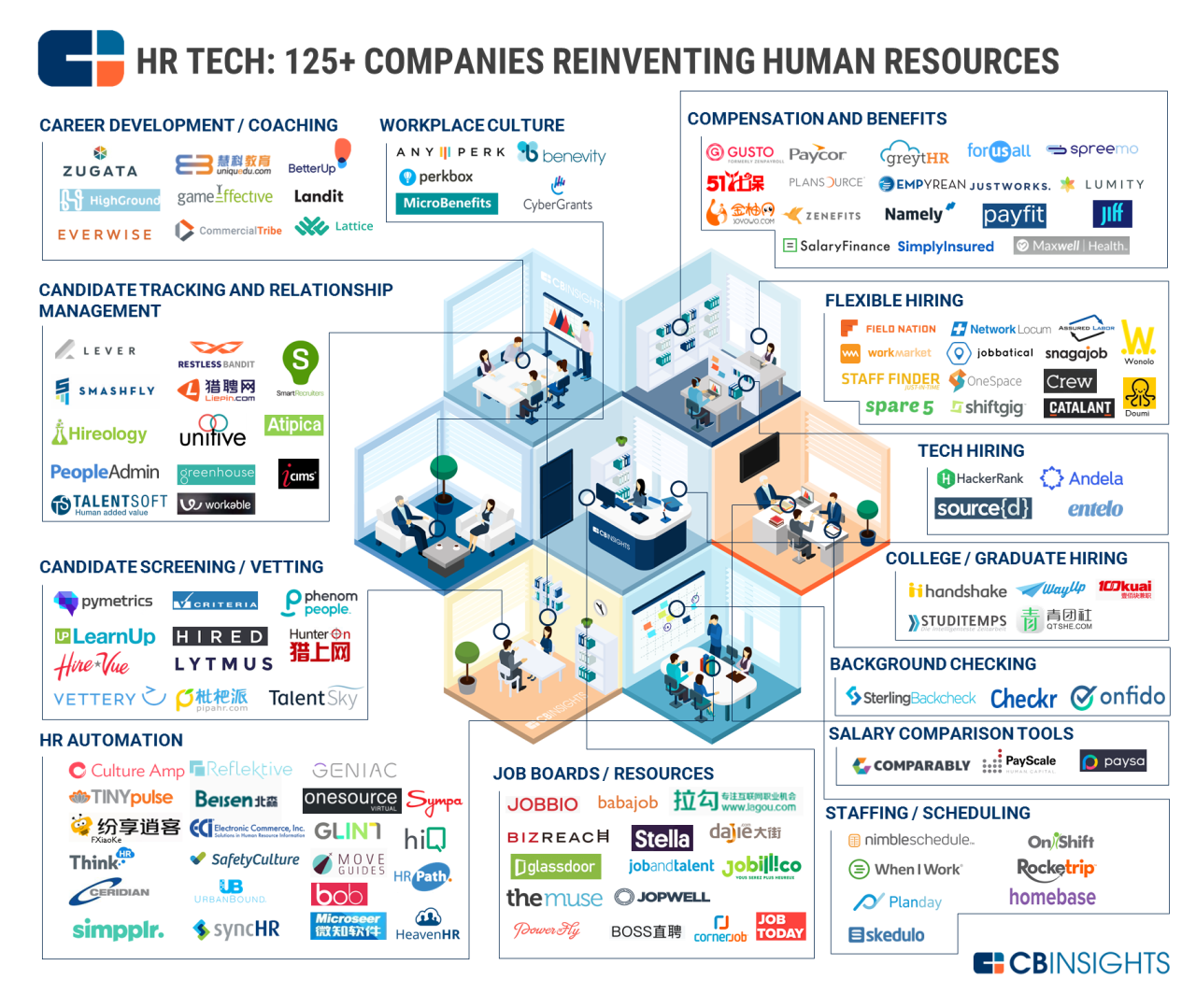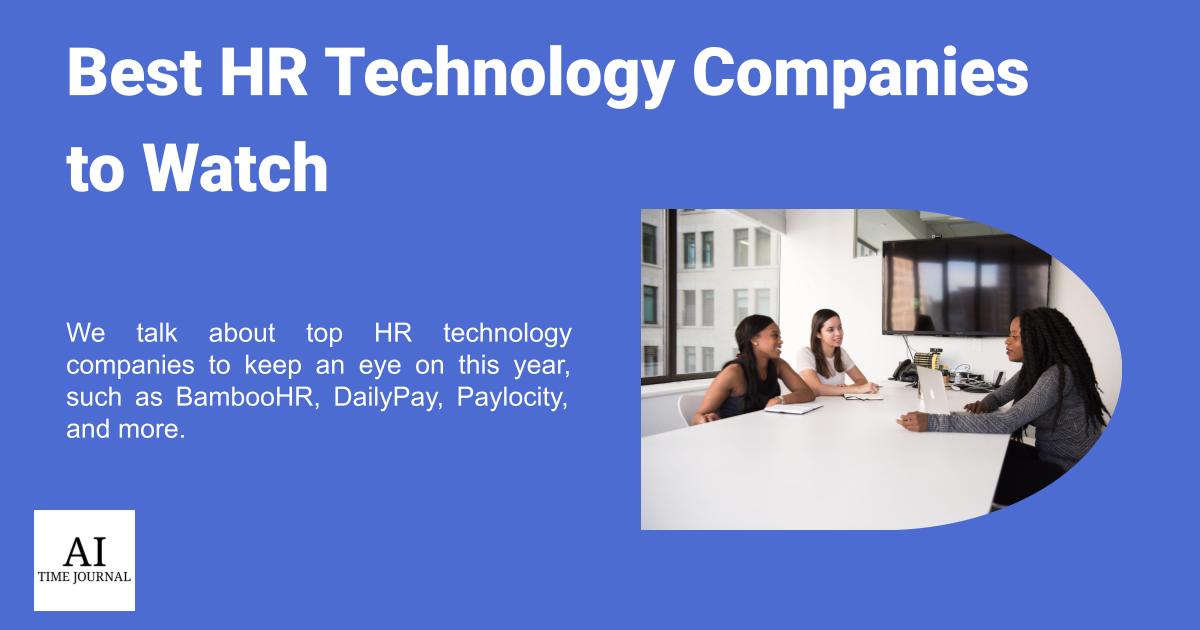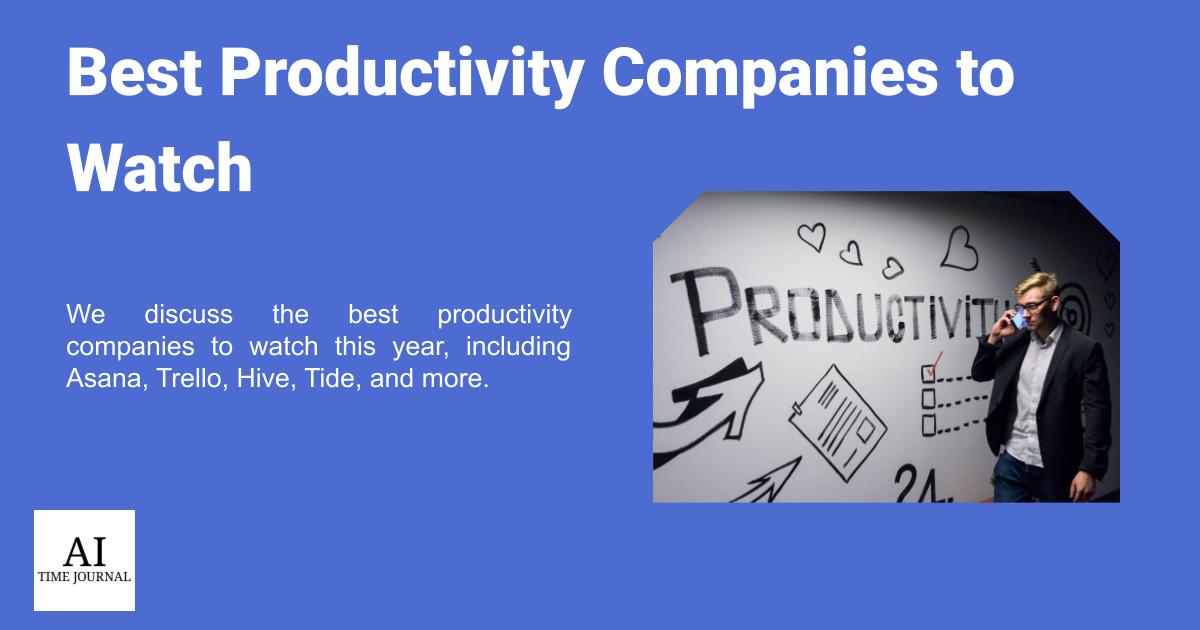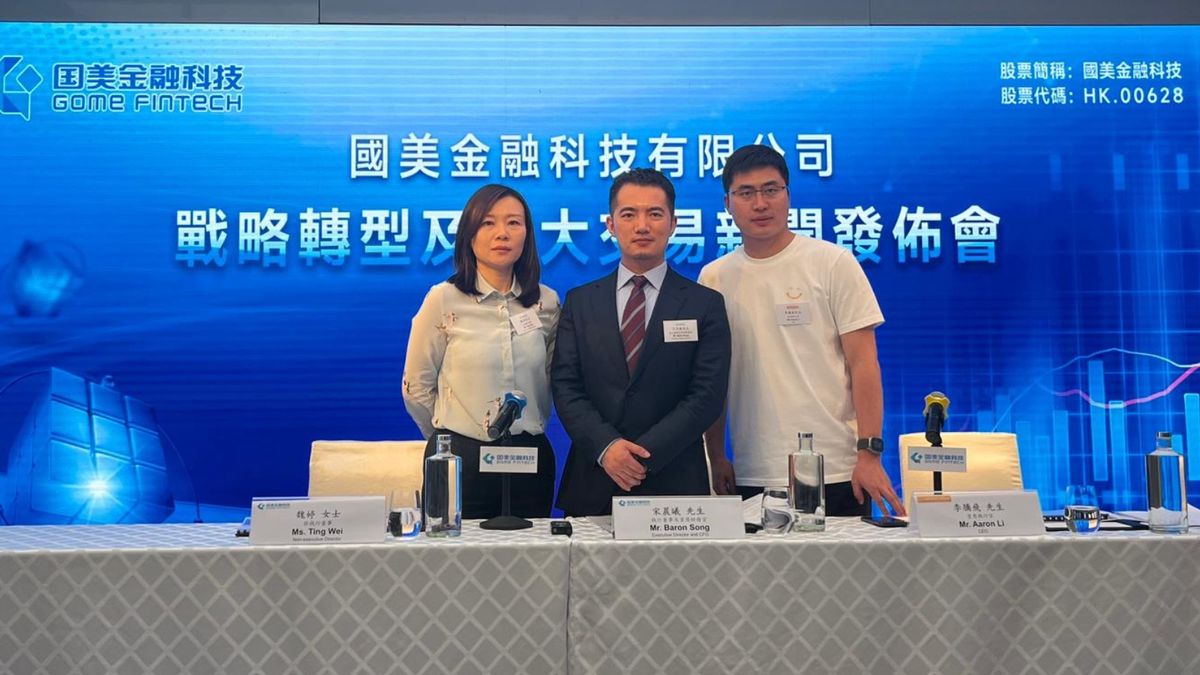HR Technology Companies: Transforming the Workplace
HR technology companies are revolutionizing the way organizations manage their human capital. From talent acquisition to employee engagement, these innovative solutions are transforming the HR landscape, empowering businesses to attract, […]

HR technology companies are revolutionizing the way organizations manage their human capital. From talent acquisition to employee engagement, these innovative solutions are transforming the HR landscape, empowering businesses to attract, develop, and retain top talent in a rapidly evolving world.
This exploration delves into the dynamic world of HR technology, examining its evolution, diverse categories, key features, and the transformative impact it has on organizations. We’ll also navigate the challenges and considerations involved in adopting these solutions, highlighting best practices for successful implementation.
The Evolution of HR Technology

The realm of HR technology has undergone a dramatic transformation, evolving from rudimentary systems to sophisticated, cloud-based platforms that are revolutionizing how organizations manage their workforce. This evolution has been driven by a confluence of factors, including technological advancements, changing workforce demographics, and the need for greater efficiency and agility in HR processes.
Early Systems and the Shift Towards Automation
Early HR technology systems were primarily focused on automating basic tasks such as payroll processing, time and attendance tracking, and benefits administration. These systems were typically on-premise, requiring significant investment in hardware and software infrastructure.
- The 1960s and 1970s saw the emergence of early mainframe-based HR systems that handled basic administrative functions. These systems were primarily used by large enterprises and were characterized by their limited functionality and high costs.
- The 1980s and 1990s witnessed the introduction of personal computers (PCs) and the development of standalone HR software applications. These applications offered greater flexibility and affordability than mainframe systems, making them accessible to a wider range of organizations.
The Rise of Cloud-Based Platforms and the Integration of HR Processes
The advent of cloud computing in the early 2000s marked a significant turning point in the HR technology landscape. Cloud-based platforms offered several advantages over on-premise systems, including:
- Cost-effectiveness: Cloud-based solutions eliminate the need for expensive hardware and software investments, making them more affordable for businesses of all sizes.
- Scalability: Cloud platforms can be easily scaled up or down to meet changing business needs, ensuring that organizations have access to the resources they need without overspending.
- Accessibility: Cloud-based systems can be accessed from anywhere with an internet connection, enabling employees to manage their HR tasks and information remotely.
The transition to cloud-based platforms also led to the integration of various HR processes, such as recruitment, onboarding, performance management, and learning and development. This integration created a more holistic and streamlined HR experience for both employees and employers.
The Impact of Emerging Technologies on HR Processes
The emergence of artificial intelligence (AI), machine learning (ML), and data analytics has further transformed HR technology, enabling organizations to make data-driven decisions and automate complex processes.
- AI-powered chatbots are being used to automate routine HR tasks, such as answering employee queries and scheduling appointments, freeing up HR professionals to focus on more strategic initiatives.
- Machine learning algorithms are being used to analyze vast amounts of data to identify patterns and trends in employee behavior, such as turnover risk or performance potential. This information can be used to improve recruitment strategies, identify high-performing employees, and develop targeted training programs.
- Data analytics tools are providing HR professionals with insights into workforce demographics, employee engagement levels, and other key metrics. This data can be used to measure the effectiveness of HR programs, identify areas for improvement, and make data-driven decisions about talent management.
Key Features and Benefits of HR Technology: Hr Technology Companies
HR technology, also known as HR tech, encompasses a range of software solutions and platforms designed to streamline and automate various aspects of human resource management. These solutions leverage data and automation to enhance efficiency, improve decision-making, and elevate the employee experience.
Core Features and Functionalities of HR Technology
HR technology solutions typically offer a wide range of features and functionalities that address different aspects of HR operations. These features can be categorized into several key areas, each contributing to improved HR processes and outcomes.
- Talent Acquisition: HR tech solutions streamline the recruitment and hiring process, enabling organizations to efficiently manage job postings, screen candidates, conduct interviews, and extend offers. These tools often incorporate applicant tracking systems (ATS), which automate tasks like resume parsing and candidate communication.
- Onboarding and Training: HR tech platforms facilitate the onboarding process for new employees, providing a centralized hub for access to essential information, policies, and resources. They can also manage training programs, track employee progress, and offer online learning modules.
- Performance Management: HR tech solutions support performance management processes by providing tools for setting goals, conducting performance reviews, and tracking employee progress. They often include features for providing feedback, recognizing achievements, and developing talent.
- Compensation and Benefits: HR tech platforms help manage employee compensation and benefits, including payroll processing, benefits administration, and compliance with regulations. They provide a secure system for managing employee data and ensure accurate and timely payments.
- Employee Engagement and Communication: HR tech solutions facilitate employee engagement and communication by providing platforms for internal communication, surveys, and feedback collection. They can also enable collaboration among employees and facilitate knowledge sharing.
- HR Analytics and Reporting: HR tech solutions provide powerful analytics and reporting capabilities, enabling organizations to track key HR metrics, identify trends, and make data-driven decisions. This data can be used to improve recruitment strategies, enhance employee engagement, and optimize HR processes.
Benefits of Implementing HR Technology
Implementing HR technology can yield significant benefits for organizations, contributing to improved efficiency, enhanced decision-making, and a more positive employee experience.
- Increased Efficiency and Productivity: HR technology automates repetitive tasks, freeing up HR professionals to focus on strategic initiatives. This automation reduces administrative burdens and streamlines processes, leading to increased efficiency and productivity. For example, an applicant tracking system can automate the screening and communication process, reducing the time it takes to fill open positions.
- Improved Data-Driven Decision-Making: HR technology provides access to real-time data and analytics, enabling organizations to make informed decisions based on insights rather than assumptions. This data-driven approach can improve recruitment strategies, talent development programs, and overall HR effectiveness.
- Enhanced Employee Experience: HR technology can enhance the employee experience by providing employees with self-service tools, personalized communication, and access to relevant information. This can lead to increased employee satisfaction, engagement, and retention.
- Reduced Costs and Administrative Burdens: By automating tasks and streamlining processes, HR technology can reduce costs associated with administrative overhead. This can free up resources for other strategic initiatives and contribute to a more efficient and cost-effective HR function.
Trends and Future of HR Technology

The landscape of HR technology is constantly evolving, driven by advancements in artificial intelligence, data analytics, and user experience. Emerging trends are shaping the future of work and transforming how organizations attract, manage, and engage their talent.
AI-Powered Recruiting and Talent Management, Hr technology companies
AI is revolutionizing the recruitment process, automating tasks and improving efficiency.
- AI-powered chatbots can screen candidates, schedule interviews, and answer basic questions, freeing up HR professionals to focus on more strategic tasks.
- AI algorithms can analyze resumes and job descriptions to identify the best-fit candidates, reducing bias and improving the quality of hires.
- AI-powered learning platforms can personalize training programs based on individual employee needs and career goals, enhancing skills development and employee engagement.
AI is also transforming talent management, enabling organizations to better understand employee performance, identify potential risks, and develop targeted interventions.
Conclusion
The future of HR is undeniably intertwined with technology. As HR technology continues to evolve, organizations will need to embrace these advancements to stay competitive and foster a thriving workplace. By understanding the trends, challenges, and best practices discussed, businesses can leverage the power of HR technology to optimize their human capital and achieve sustainable success.
HR technology companies are constantly innovating, and there’s no better place to see the latest trends than at the Los Angeles Technology Conference. This event brings together leading minds in the industry to discuss everything from AI-powered recruitment to employee engagement platforms.
Attending this conference can be a great way for HR tech companies to network, learn about new technologies, and gain insights into the future of the industry.






